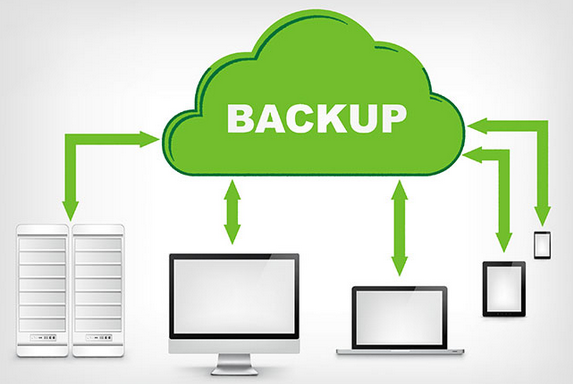What is Network Backup?

Network backup is the process of backing up data from multiple devices into a centralized storage device or location. It is an essential part of information technology (IT) infrastructure as it safeguards critical data against data loss, theft or corruption.
In a network, data is generated and stored within the networked devices. This data may include files, documents, videos, photos, and any other form of digital information. Network backup creates a copy of this data, which can be used to restore the original data in case of a disaster or loss.
A network backup system requires a backup server, backup software, and network-attached storage devices (NAS) or storage area networks (SANs) to function. The backup server is responsible for managing the backup process, generating backup schedules, and storing the backup data.
Backup software is used to automate the backup process, allowing backups to be scheduled at specific intervals. The software also provides advanced features such as incremental backups, compression, and encryption, which improves the efficiency of the backup process and helps protect data from unauthorized access.
The network-attached storage devices (NAS) or storage area networks (SANs) are used to store the backup data. A NAS is a file-level data storage device that connects to a network, while a SAN is a block-level data storage device that connects to servers.
Network backup offers numerous benefits to businesses, including:
1. Disaster recovery: In case of a disaster, such as a fire or flood, network backup ensures that data is protected and recoverable, which reduces the risk of data loss.
2. Cost-effective: Network backup eliminates the need for expensive hardware and software for each device, which saves businesses money.
3. Centralized management: Backup management is centralized, making it more efficient and easier to manage across the network.
4. Compliance: Network backup ensures that a business meets compliance regulations, such as those that require data to be stored for a specific period.
In conclusion, network backup is an essential part of any IT infrastructure. It protects critical data from data loss, theft or corruption and ensures that businesses can recover from disasters. With the right backup server, backup software, and storage devices, businesses can implement an efficient and effective network backup system.






